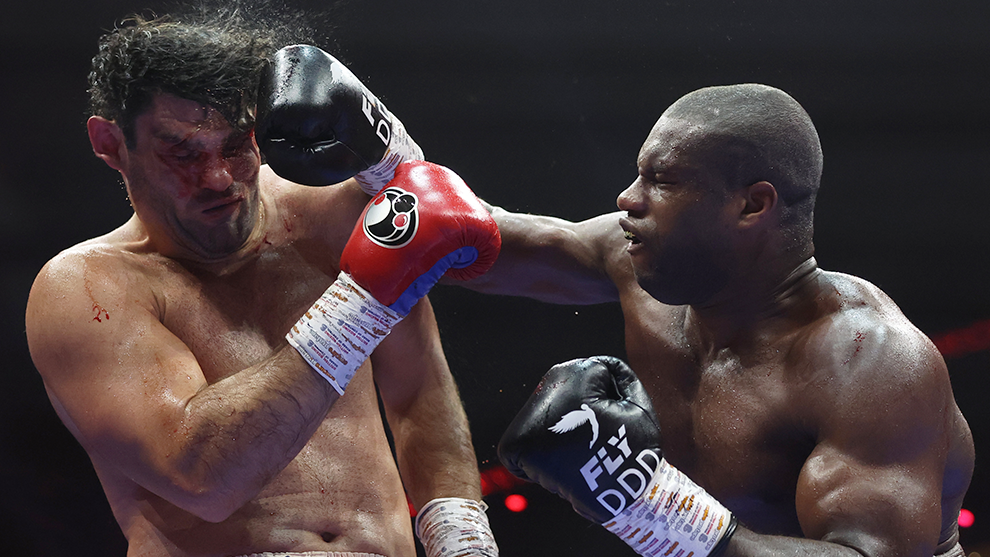NINE days ago, Josh Taylor and Jack Catterall had their second fight sponsored by “Forged Irish Stout, Riyadh Season, and Drip”.
This sentence was echoed throughout the event by the enthusiastic announcer David Diamante, creating a sense of disorientation with references to a movie star, celebrations in the Middle East, and the drink preferences all supporting British boxing that night.
These sponsors were just that, sponsors, and while it was strange to discover new personalities and locations associated with the event, it highlighted the increasing influence of the Middle East on British boxing. Despite this, the focus remained on the fight between Taylor and Catterall.
Surrounded by bigger events in Saudi Arabia, such as the heavyweight fight between Oleksandr Usyk and Tyson Fury, Taylor vs. Catterall II was in danger of being overshadowed. The controversy from their first fight added to the anticipation for this rematch, but the delay and competition from other events threatened to diminish its significance.
Froch and Groves before their rematch in 2014 (CARL COURT/AFP via Getty Images)
Despite the excitement surrounding the fight, the trend of hosting big fights in the Middle East raises concerns about the future of British boxing. The shift away from UK venues could impact fan attendance and the overall visibility of the sport.
By showcasing British talent in overseas events, there is a risk of widening the gap between top-tier fighters and those struggling to compete financially. This could lead to a societal reflection within the sport, with implications on the growth and sustainability of boxing in the UK.
British boxers like Willy Hutchinson, Nick Ball, Hamzah Sheeraz, and Daniel Dubois have found success abroad, but there is a call to prioritize building their careers in the UK to support the local boxing scene. Bringing talent back home can help maintain stability and ensure British boxers’ identities are not solely defined by events in Saudi Arabia.
Nick Ball with his WBA belt
